Top 10 Health Benefits of Cinnamon
Cinnamon is a popular kitchen spice. The flavor and aroma of the spice make it popular in cooking, especially in sweet bakes and savory curries. For ... read more...thousands of years, it has been prized for its therapeutic powers. What people have understood for centuries has now been validated by modern science. Here are ten health benefits of cinnamon that have been scientifically proven.
-
Cinnamon is a key ingredient in every household's kitchen because of its exotic flavor and aroma. It has attracted the interest of many researchers since it was first used by the forefathers around 2800 BC for different reasons such as anointment, embalming, and other diseases.
For centuries, the forefathers used it as a cure for respiratory and intestinal disorders. However, nothing is known regarding its antioxidative, anti-inflammatory, antilipemic, antidiabetic, antibacterial, and anticancer properties. Many studies have recently looked at the benefits of cinnamon in Parkinson's disease, diabetes, blood, and the brain. It’s high in cinnamaldehyde, which is thought to be responsible for most of cinnamon’s health benefits. Data on its antioxidant, anti-inflammatory, antilipemic, antidiabetic, antibacterial, and anticancer effects were collected after a comprehensive PubMed and Google Scholar study.
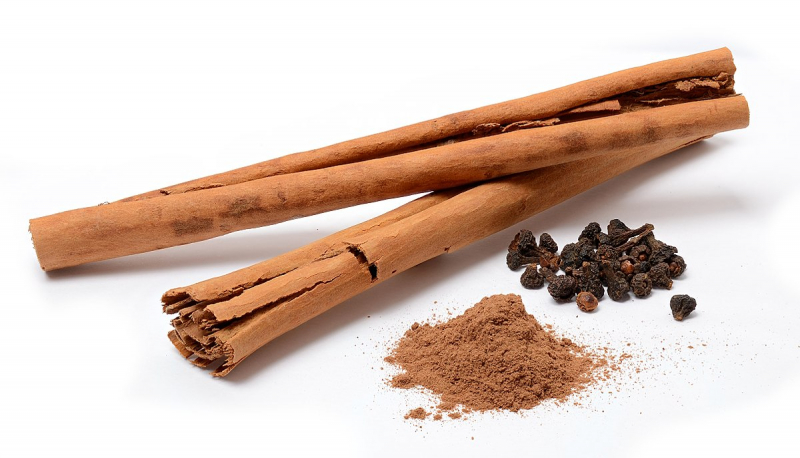
Cinnamon is high in a compound with potent medicinal properties 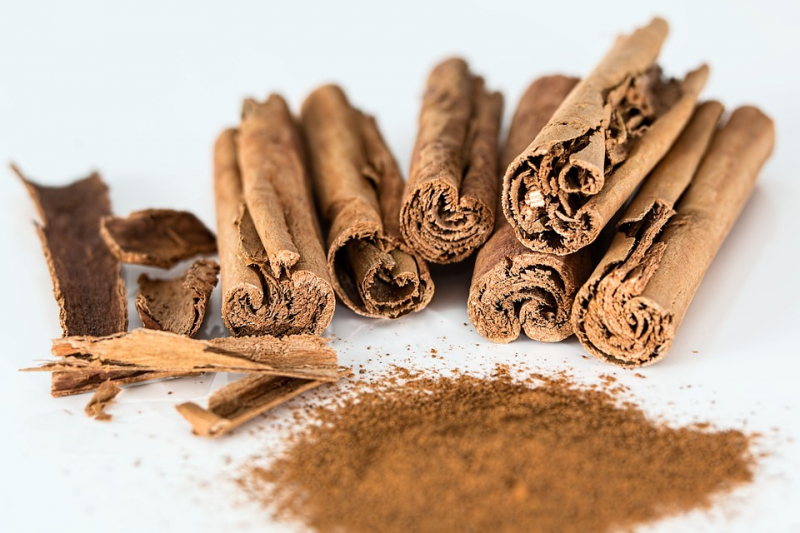
Cinnamon is high in a compound with potent medicinal properties -
Cinnamon came out on top in research that compared the antioxidant activity of 26 spices, even beating out "superfoods" like garlic and oregano. Cinnamon can even be used as a natural food preservative because of its strength.
Antioxidants protect your body from free radical oxidative damage. One of cinnamon's antioxidant chemicals, cinnamaldehyde, which gives it its rich aroma and flavor and can help decrease inflammation, is considered to be responsible for its health benefits. These antioxidants can help prevent cells from free radical damage, which is critical for your health because free radicals can cause a variety of problems, including premature aging of the skin, inflammatory and autoimmune diseases, diseases of the cardiovascular system, cataracts and diabetes.
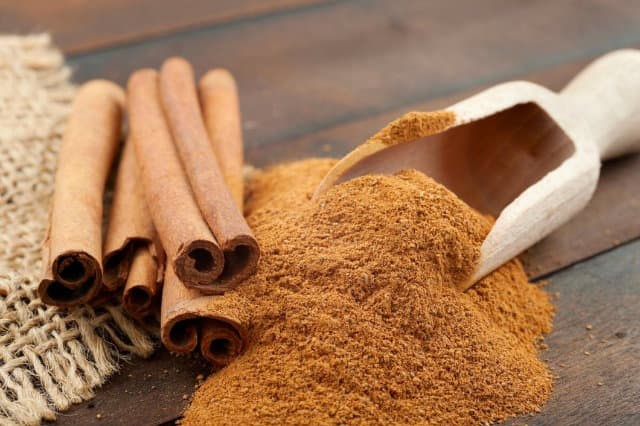
Cinnamon is loaded with antioxidants 
Cinnamon is loaded with antioxidants -
Although inflammation is a normal immune response, chronic inflammation can lead to the development of a number of health problems, so it's critical to keep your inflammatory markers under check.
As well as possessing antioxidant properties, cinnamon is thought to boast anti-inflammatory benefits too. Flavonoids, a kind of health-promoting plant compound with anti-inflammatory properties, are abundant in cinnamon. These flavonoids may lessen the risk of developing chronic inflammation-related health conditions by reducing inflammation inside the body. Whether you sprinkle cinnamon over your cappuccino or eat it with cereal and yogurt, cinnamon is a spice you should prefer. Cinnamon is also a key component of the Mediterranean diet, a heart-healthy nutrition plan that emphasizes the use of herbs and spices in cooking.

Cinnamon has anti-Inflammatory properties 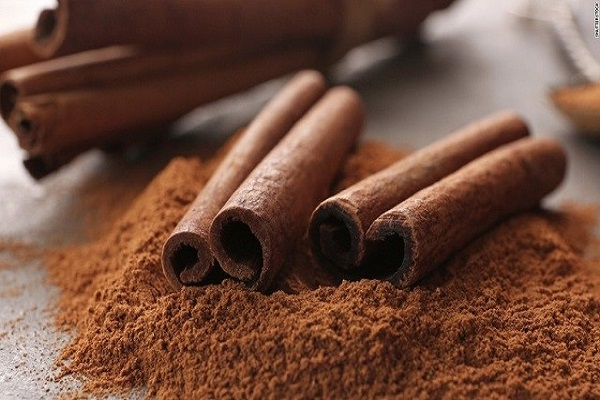
Cinnamon has anti-Inflammatory properties -
Cinnamon is most commonly associated with cinnamon buns, cookies, pies, and other baked goods. Not everyone is known that cinnamon is a potent weapon in the fight against heart disease.
Cinnamon has been linked to a lower risk of heart disease, the leading cause of death worldwide. It lowers total cholesterol, "bad" LDL cholesterol, and triglycerides while maintaining "good" HDL cholesterol levels. A large review of research published recently found that a daily intake of 120 milligrams of cinnamon can have these effects. Cinnamon also boosted "good" HDL cholesterol levels in one research. Cinnamon has been demonstrated to lower blood pressure in animal experiments. All of these factors, when combined, may significantly reduce your risk of heart disease.
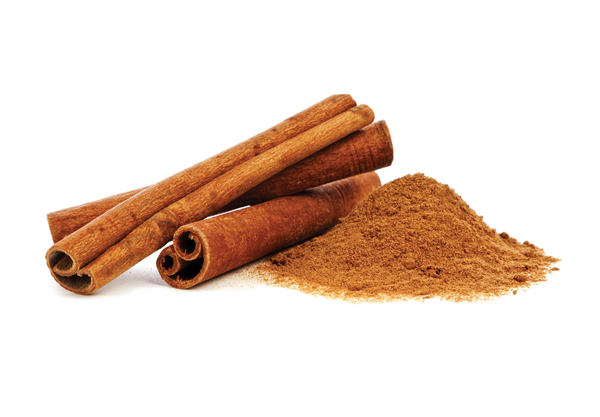
Cinnamon has been shown to reduce the risk of heart disease 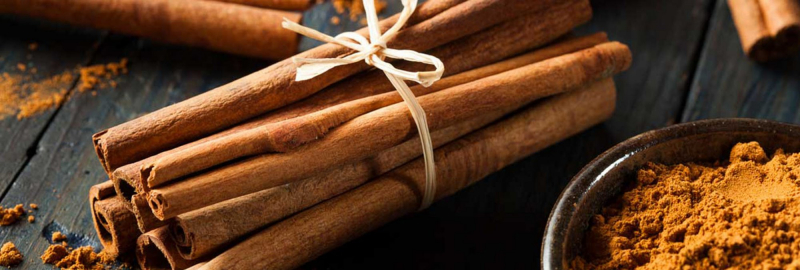
Cinnamon has been shown to reduce the risk of heart disease -
Cinnamon is a wonderful spice that is high in plant compounds. It's also renowned for lowering blood sugar levels and improving insulin sensitivity. Insulin is a hormone that controls metabolism and energy use. It's also required for the transport of blood sugar from circulation to the cells. The issue is that many people are resistant to insulin's effects. Insulin resistance is a symptom of serious conditions such as metabolic syndrome and type 2 diabetes.
The good news is that cinnamon can help this important hormone do its work by reducing insulin resistance. Cinnamon can reduce blood sugar levels by improving insulin sensitivity. Consuming 1/2–3 teaspoons (1–6 grams) of cinnamon daily, for example, significantly decreased both short- and long-term blood sugar levels, according to one meta-analysis. Cinnamon is thought to improve insulin sensitivity by making glucose receptors on muscle cells more available and efficient in transporting sugar into the cells. Cinnamon contains compounds that can mimic insulin and act directly on cells, according to some research.
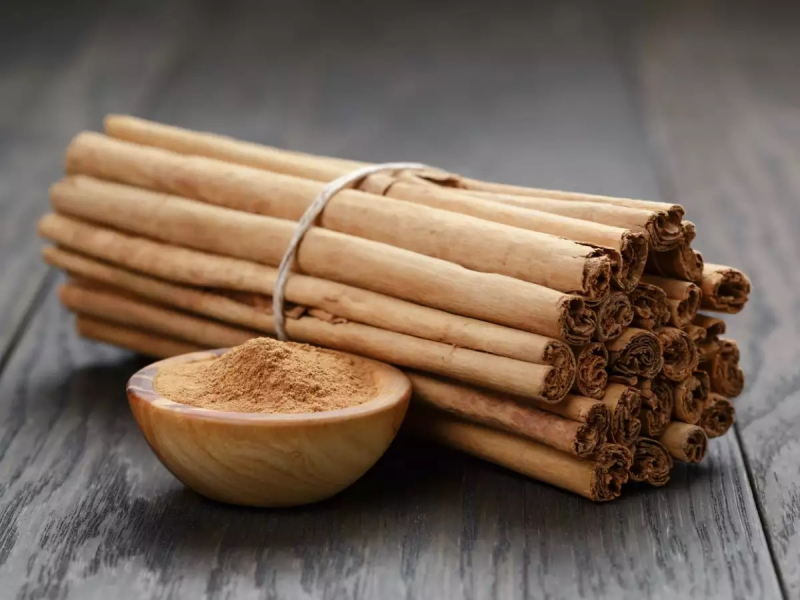
Cinnamon can improve sensitivity to the hormone insulin 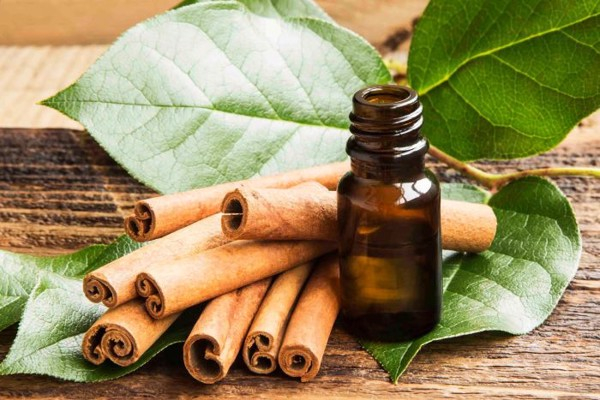
Cinnamon can improve sensitivity to the hormone insulin -
One of the lesser-known cinnamon benefits is that it may help reduce blood sugar, which is particularly good for those with type 2 diabetes. Scientists have been researching whether cinnamon can help people with Type 2 diabetes lower their blood sugar levels for decades.
Cinnamon has been linked to lower fasting blood sugar levels as well as less extreme blood sugar changes after meals, according to research. For instance, one research compared the effects of eating rice pudding with and without cinnamon and discovered that those who ate it with six grams of cinnamon had a slower stomach emptying and a lower blood sugar rise than those who ate it without. In another research, after a 40-day program, those on insulin treatment who took cinnamon supplements daily saw significant (and long-lasting) decreases.

Cinnamon has a strong anti-diabetic effect and lowers blood sugar levels 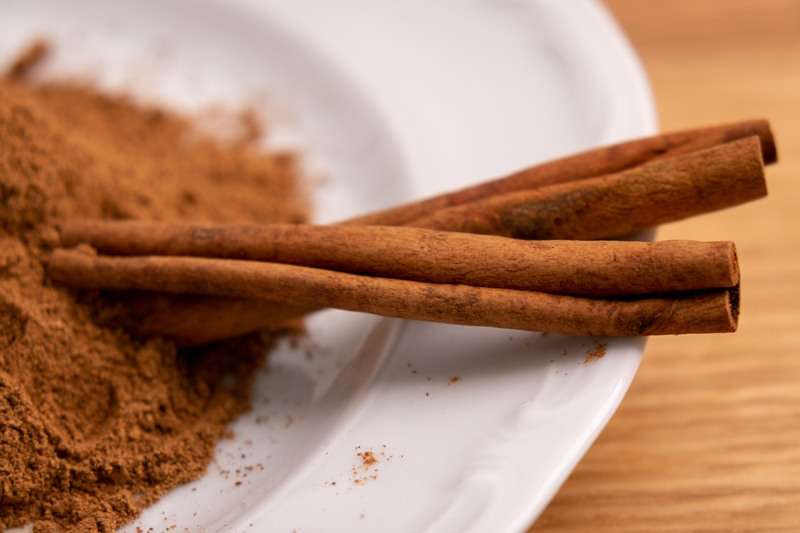
Cinnamon has a strong anti-diabetic effect and lowers blood sugar levels -
Cinnamon is widely available for use in desserts and dinners, and its many protective benefits on neurodegenerative disorders have shown promise in the laboratory.
Progressive loss of brain cell structure or function characterizes neurodegenerative diseases. Two of the most frequent forms are Alzheimer's and Parkinson's disease. Cinnamon contains two compounds that appear to prevent the development of tau in the brain, which is one of the hallmarks of Alzheimer's disease. Cinnamon includes cinnamaldehyde, which has anti-inflammatory and neuroprotective properties in the brain. It also includes antioxidants, which fight free radicals and may help to prevent brain cell loss. Cinnamon helped protect neurons, normalize neurotransmitter levels, and enhance motor function in mice with Parkinson's disease. In people, these consequences should be studied further.
Cinnamon could help people with neurodegenerative diseases 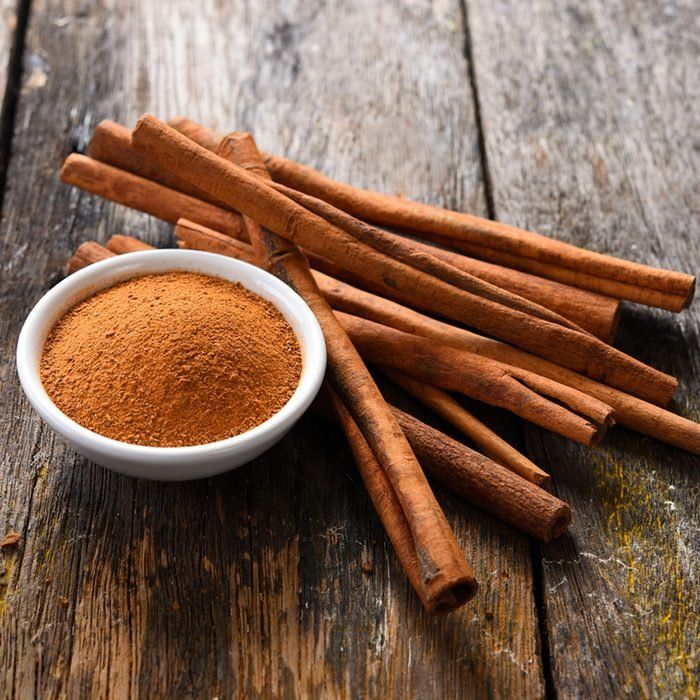
Cinnamon could help people with neurodegenerative diseases -
Cancer is a dangerous disease characterized by uncontrolled cell growth. Cinnamon's potential for cancer prevention and treatment has been extensively researched.
The evidence for cinnamon extracts preventing cancer is restricted to test-tube and animal research. It acts by preventing cancer cell development and blood vessel formation in tumors, and it appears to be toxic to cancer cells, inducing cell death. Cinnamon is a significant activator of detoxifying enzymes in the colon, protecting against cancer development, according to research in mice with colon cancer. Test-tube tests indicated that cinnamon induces protective antioxidant responses in human colon cells, confirming these findings.
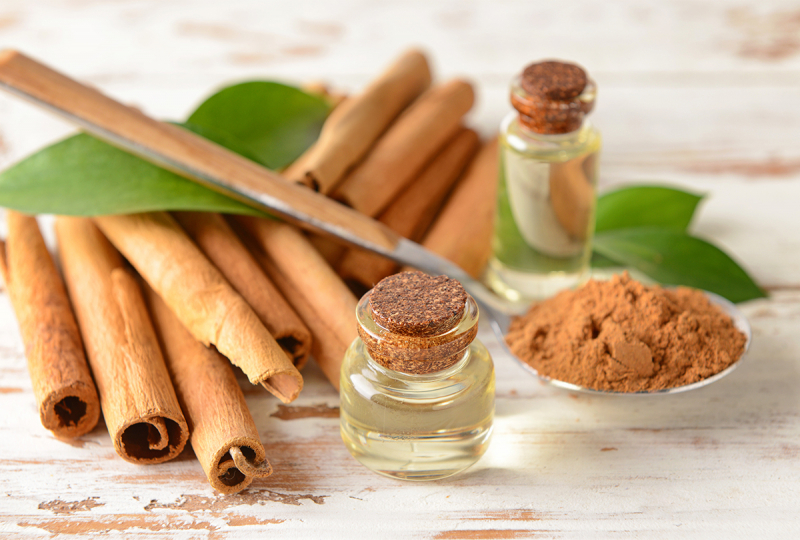
Cinnamon may help to prevent cancer 
Cinnamon may help to prevent cancer -
Cinnamon is believed to have antifungal and antibacterial properties, which is a lesser-known health benefit. Cinnamon bark, which is commonly used in Chinese medicine, includes a compound called cinnamaldehyde, which gives it its characteristic smell and taste.
This compound is considered to have antifungal and antibacterial properties, which might help treat infections caused by fungi while also potentially inhibiting the growth of listeria and salmonella. These properties, combined with cinnamon's purported anti-inflammatory characteristics, might aid to reduce the appearance of acne and skin blemishes, particularly when applied topically. So, whether you add it to your morning baked oats, or sip a warming, health-boosting turmeric latte with cinnamon, you might just start to see some of the health advantages of cinnamon for yourself!

Cinnamon helps in the treatment of bacterial and fungal infections 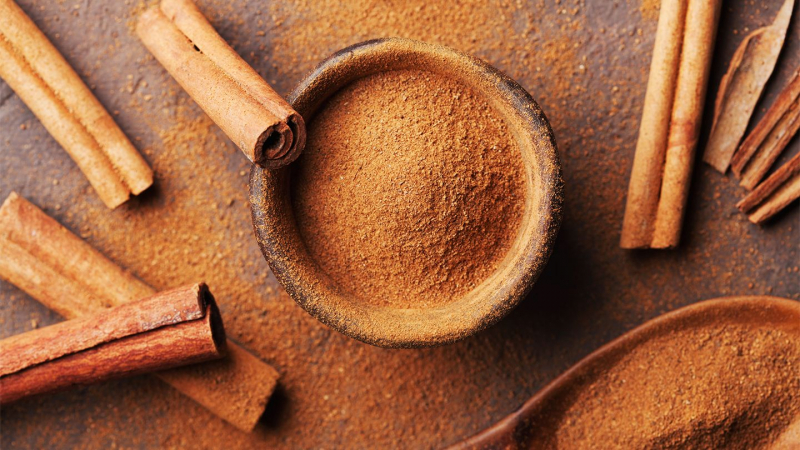
Cinnamon helps in the treatment of bacterial and fungal infections -
HIV is a virus that weakens your immune system over time, eventually leading to AIDS if left untreated. Cinnamomum cassia and Cardiospermum helicacabum, both cinnamon species, contain compounds that are efficient extracts against HIV-1 and HIV-2, according to one research published in the Indian Journal of Medical Research in 2000.
Cinnamon was found to be the most effective therapy for HIV-infected cells in a laboratory trial involving 69 medicinal plants. These effects must be confirmed in humans. Cinnamon can be used in conjunction with antiretroviral treatment (ARVs) to help HIV patients improve their health. As a result, those living with HIV should continue to seek medical treatment and care, as well as take their medications as prescribed.
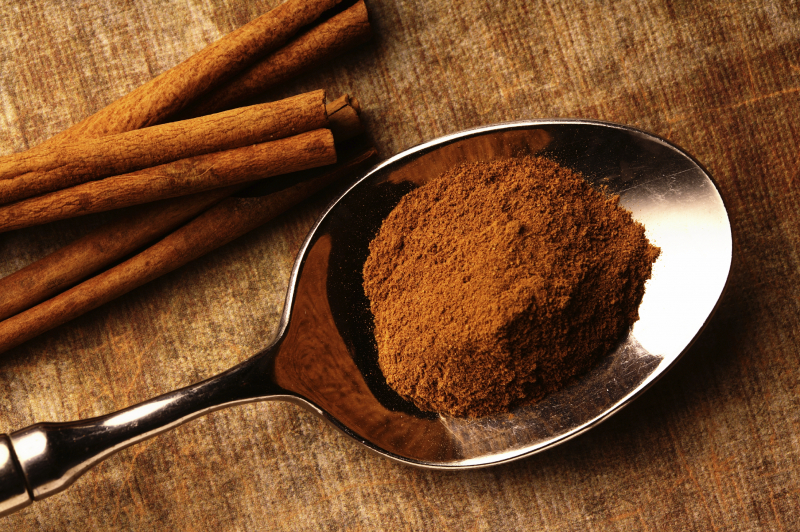
Cinnamon may help fight the HIV virus 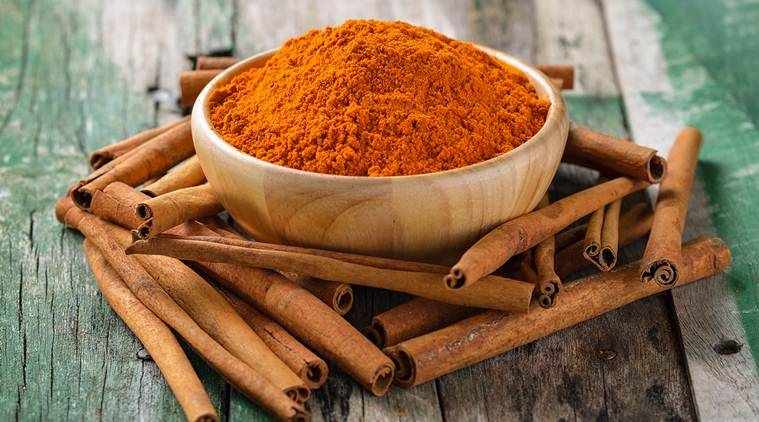
Cinnamon may help fight the HIV virus































